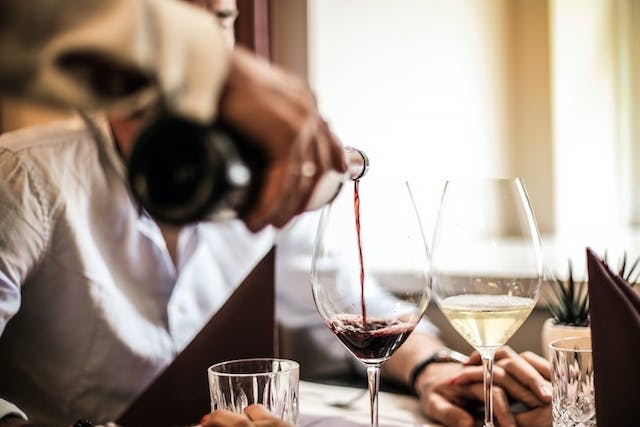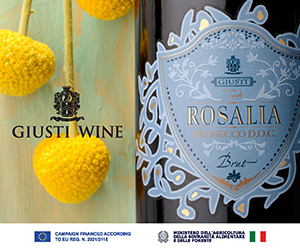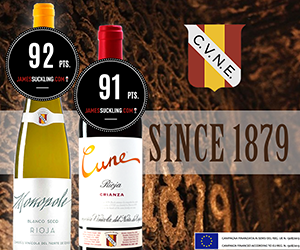As the restaurant industry resets, amid economic belt tightening and the advent of hospitality AI and wine rating apps, are sommeliers really needed anymore?
First, a look at the market forces that put the sommelier profession at risk.
It has been widely reported that wine consumption is declining worldwide. The wellness trend, fueled by health concerns (some real, some false) touts a reduction in drinking and even abstinence as the only healthy choices. The anti-alcohol lobby is strong, and research proving that moderate drinking provides some cardiovascular benefits has largely been forgotten. At the same time, with tight budgets and financial uncertainty, discretionary spending has declined, and dining out can be seen as an extravagance. You need to gas up or pay that plumber, but you don’t really have to go out for dinner. Economy-1, Sommelier-0.
There’s also been a demographic shift in consumption. Gen Z and Millennials are drinking less, and if they choose to imbibe, they tend to favour spirits, beer, or RTD’s (ready-to-drink beverages). Wine barely registers as their drink of choice, in part because beer and spirits marketers have successfully sold young consumers a fresh, carefree “lifestyle” image. It’s not helpful that the wine industry has done such an awful job of marketing to this valuable, most diverse, and highly influential sector. A cute or “cool” label isn’t enough to grab their attention. Sales of ‘natural’ wines offer a glimmer of hope as an interesting beverage that resonates as something “my parents aren’t drinking”, but not enough to move the needle in a meaningful way. How can the sommelier profession be justified to an entire generation that thinks wine is not that important?
People who do buy wine now have at their fingertips wine rating apps and websites. They can easily look up ratings and popularity rankings for almost any wine. And while an online search will lead them to a decent product, the most popular wines aren’t necessarily the best wines, or the best choice for a particular situation. Yet, these tools are quickly replacing experts. Enjoying wine involves more than just data and ratings. And here's where the role a sommelier can be the most important. Like online dating, some people like to “tick all the boxes” to find a good match and others take a more serendipitous approach, relying on kismet, or, if they’re lucky, being introduced to an incredible mate by a good friend. The sommelier can fulfill all approaches, acting as a diner's matchmaker. Do you and your pals always drink Pinot Grigio? Why not try a charming, fresh, aromatic Picpoul de Pinet? Do you like a fruity Beaujolais? Have you ever tried a crisp and refreshing Zweigelt? In a world where algorithms tell us what we want to hear and see, will they lead us to a new and exciting wine that we’ve never tried before?
As restaurants re-evaluate costs in our post-pandemic world, many are streamlining operations and shrinking wine lists. They are also cutting sommeliers from the payroll, shifting the wine specialist’s role to a bar manager or “jack of all trades”. Trimming labour expense in tight times may seem like the best solution, but, in this case, the opposite may be true. Capable sommeliers will improve the financial health of a restaurant. Along with the chef, they are key players in a restaurant’s success. They are often the most experienced hospitality workers on the floor and are uniquely equipped to maximize revenue and profit. The typical product mix in a full-service restaurant is 60-70% food and 40-30% beverage sales. Food sales, however, come at a much higher (labour) cost to the operation. Sommeliers, on the other hand, directly influence beverage sales, the highest gross profit item in the business. The profit potential of a solid wine program has never been more important and makes the difference between a restaurant that merely sells beverages and a restaurant with a consistent, profitable beverage program. It could be the difference between our favourite local eateries remaining or not.
Serving wine is not just about the business, nor is it just about an encyclopaedic knowledge of wine. Sommeliers are foremost about offering a personal touch at the table, and perhaps adding a dash of romance to the event. A sommelier involves guests in the conversation, making connections between dishes and bottles, all at no additional cost to the diner.
To diners, if you think you’re too cool (young) for wine, a sommelier can make some suggestions to explore a "retro vibe". Just as you would discover dad’s old jazz records or your mum's hippie clothes at the back of the closet, a sommelier can suggest a classic wine that will blow your mind. Or maybe you're minding your pennies? Who isn't? The wine matchmaker can help you find a great wine for any budget. And for those of you who prefer to check an app to decide on a bottle? That’s great, but why not see if the sommelier agrees or can suggest something better?
Are sommeliers really needed anymore? It’s ultimately up to you. As any wine lover will tell you, wine is about people, stories, history, culture, farming and “the place” (terroir). Every sommelier is a wine lover, eager to share their passion. At their best, sommeliers have moved past wine knowledge towards enlightenment. Why not share in their passion and enjoyment?

 quicksearch
quicksearch






